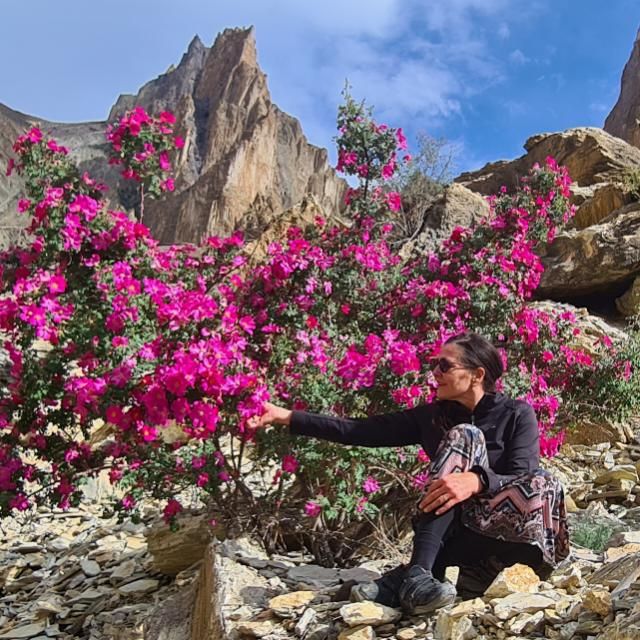Mönlam with luminous monkeys
Atejade: 30.06.2022
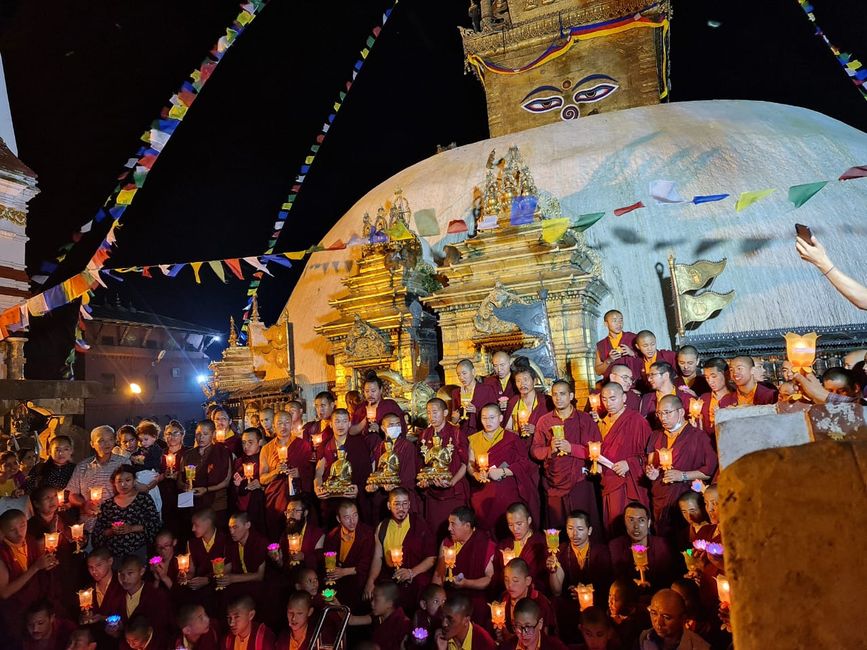
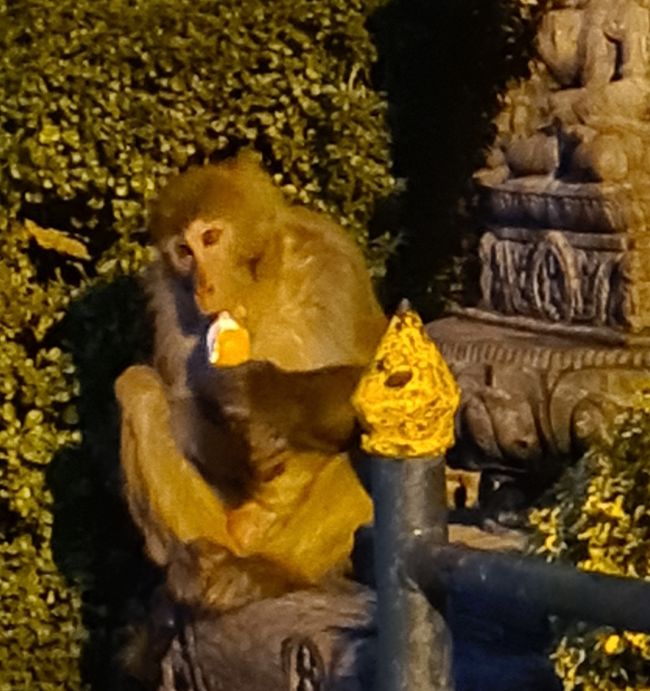
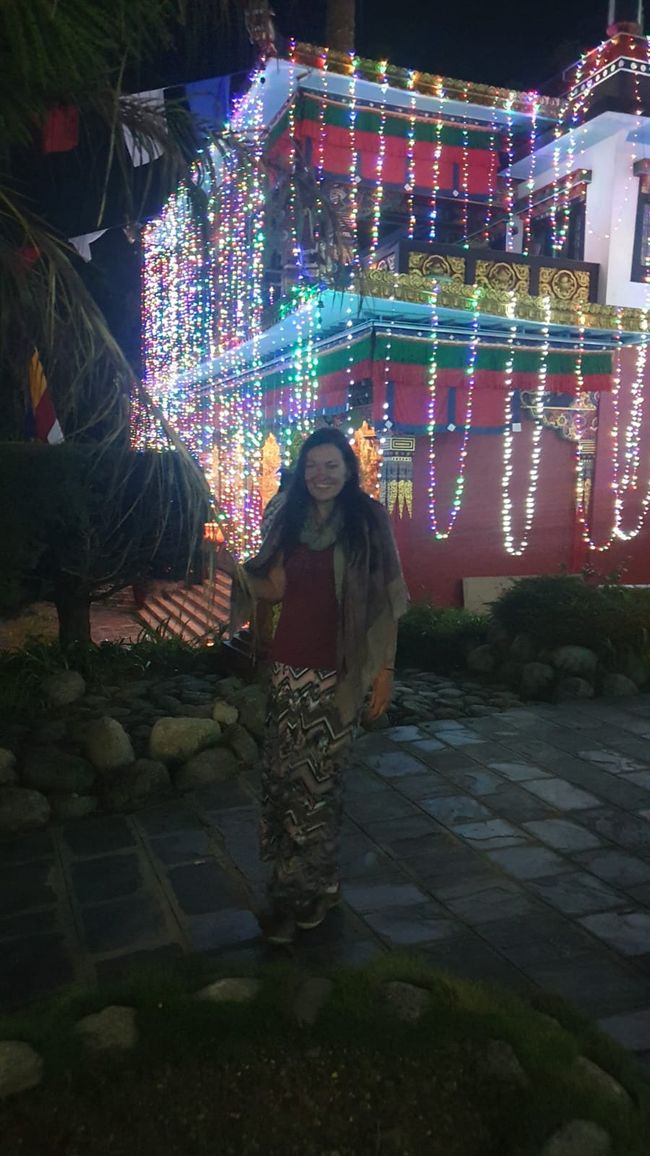
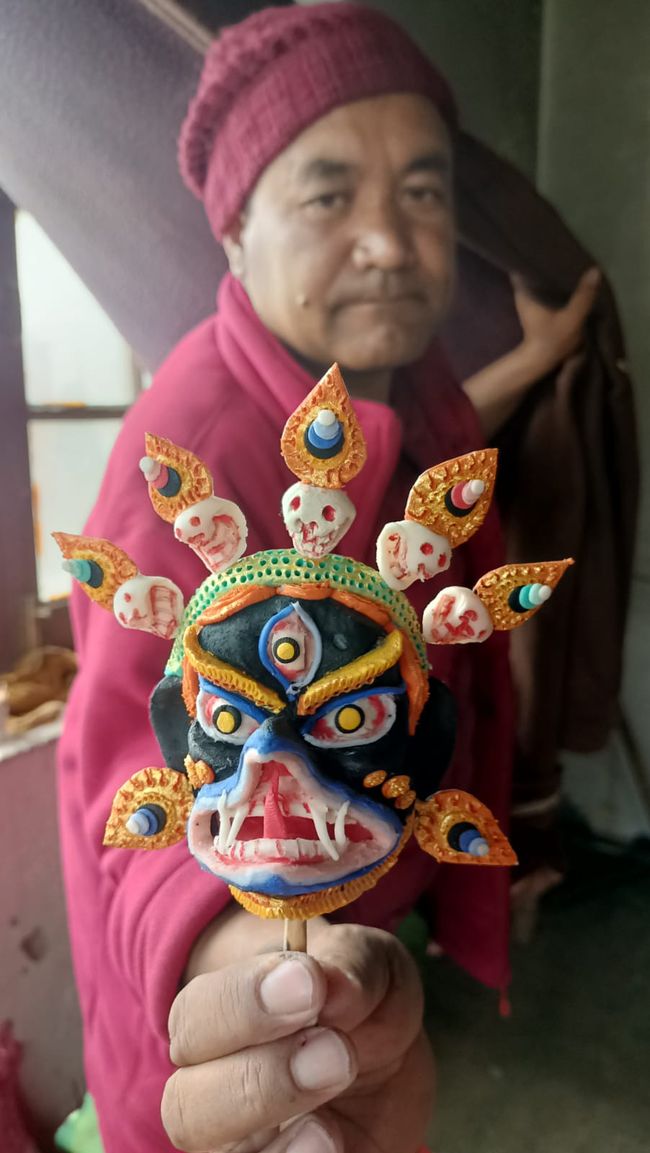
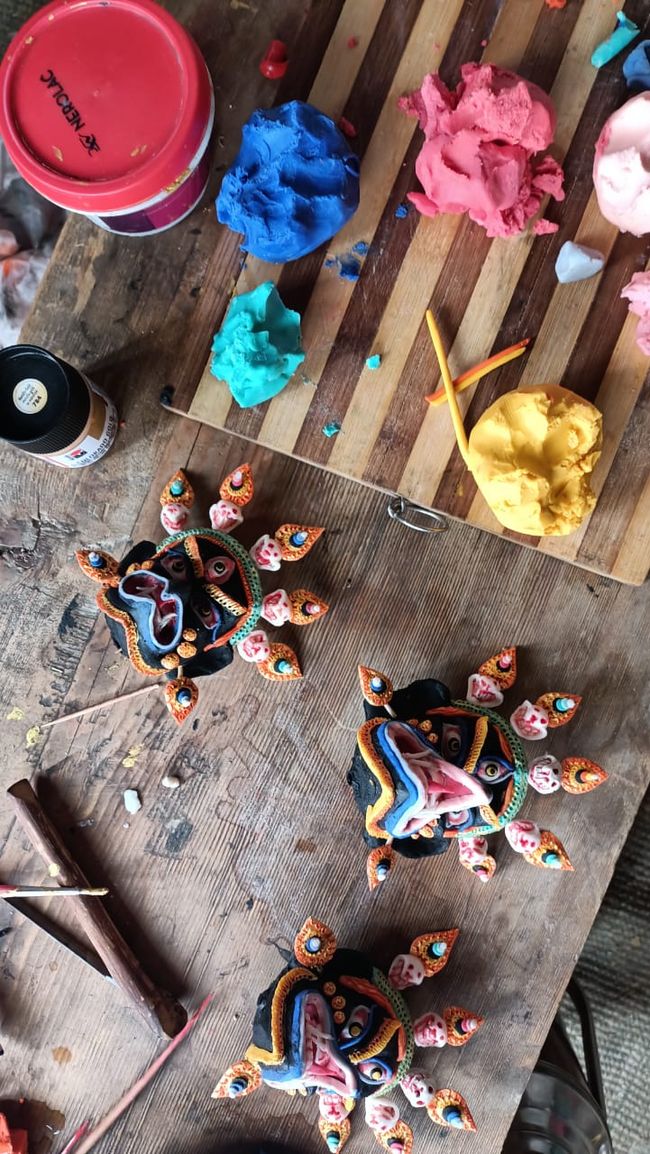
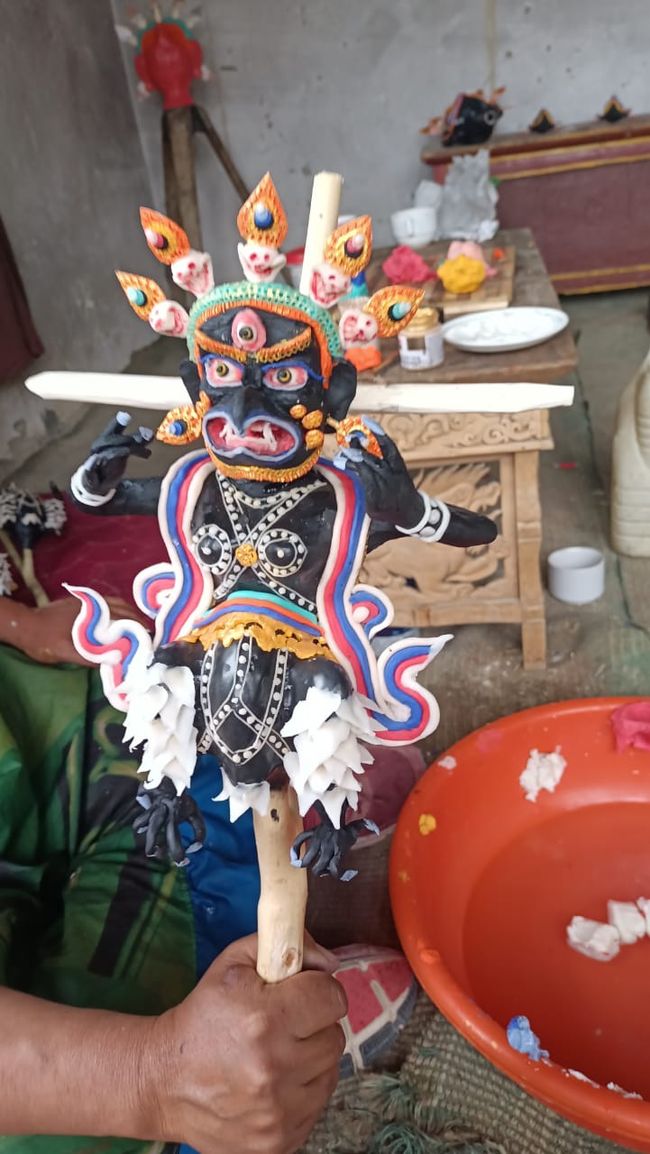
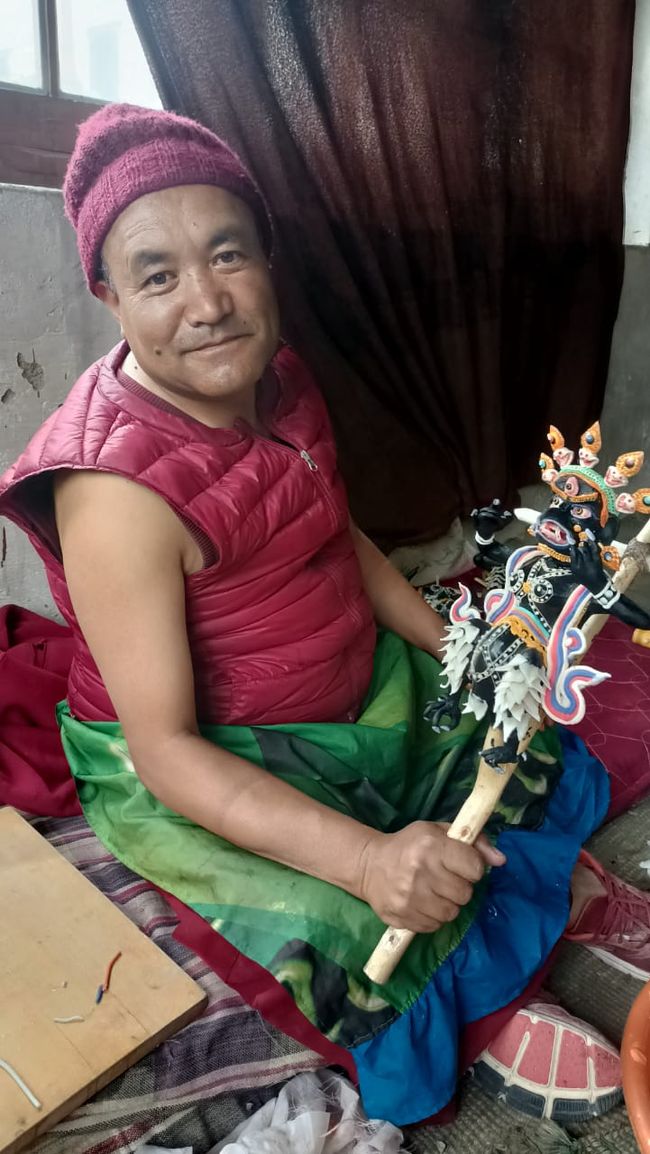
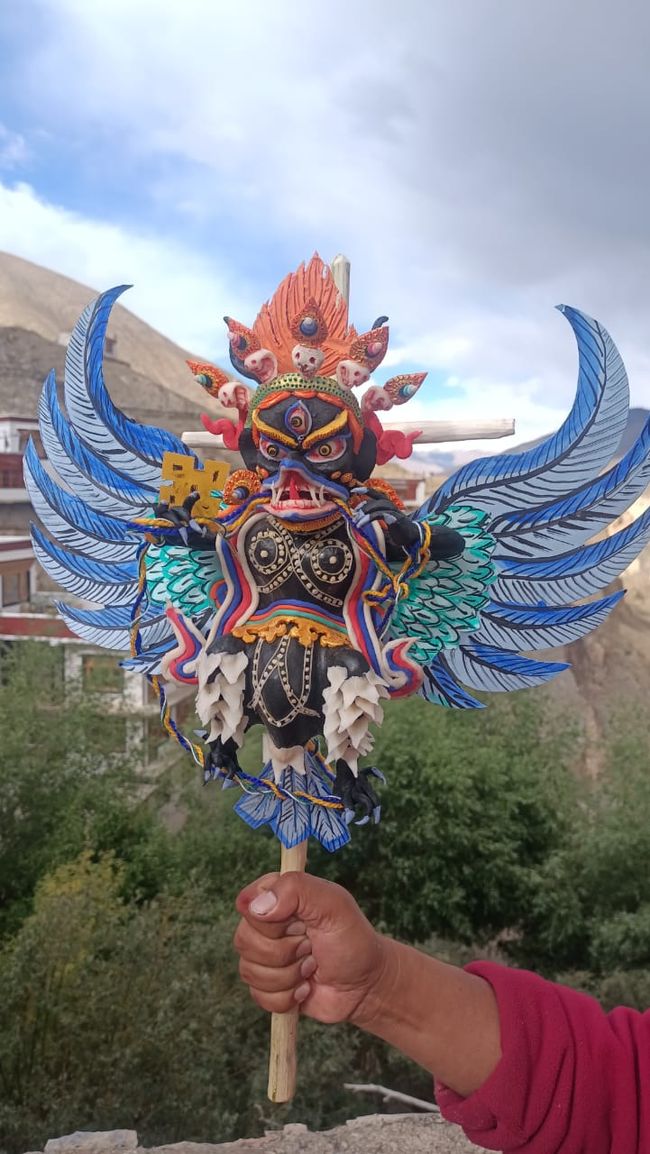
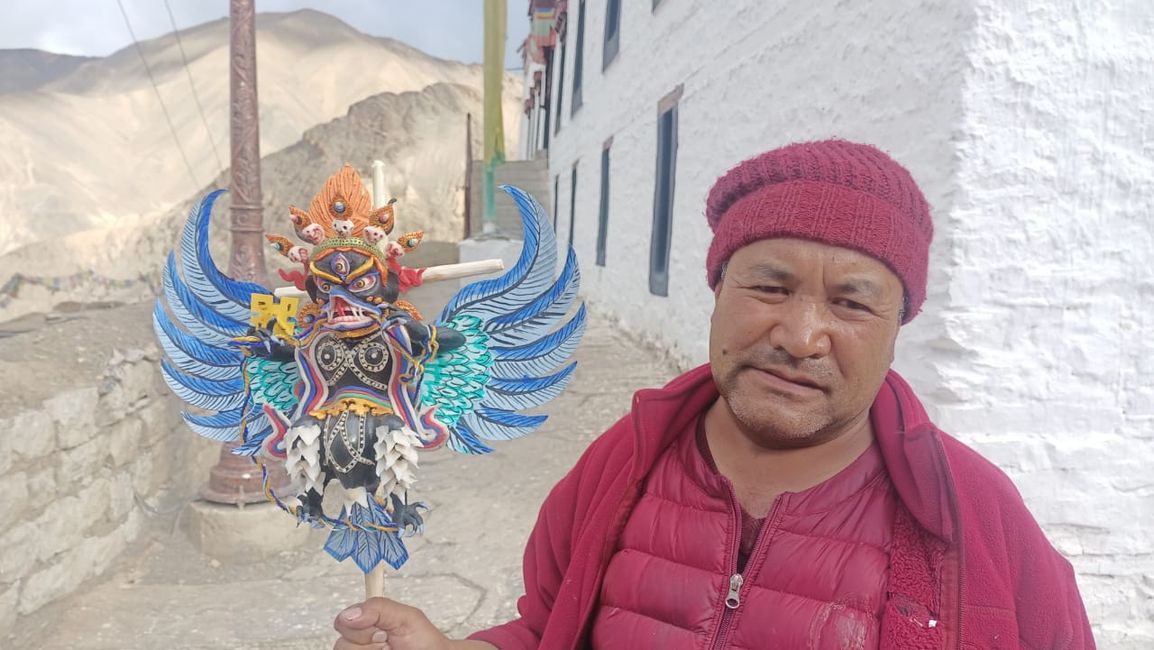
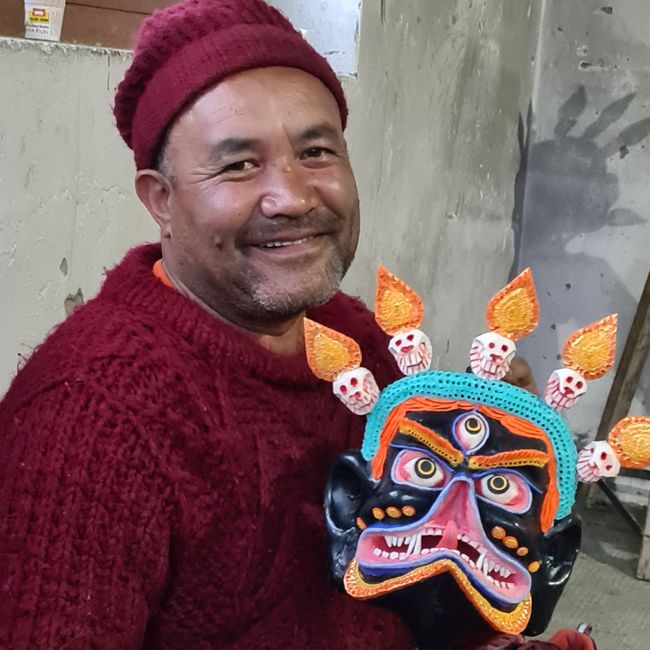
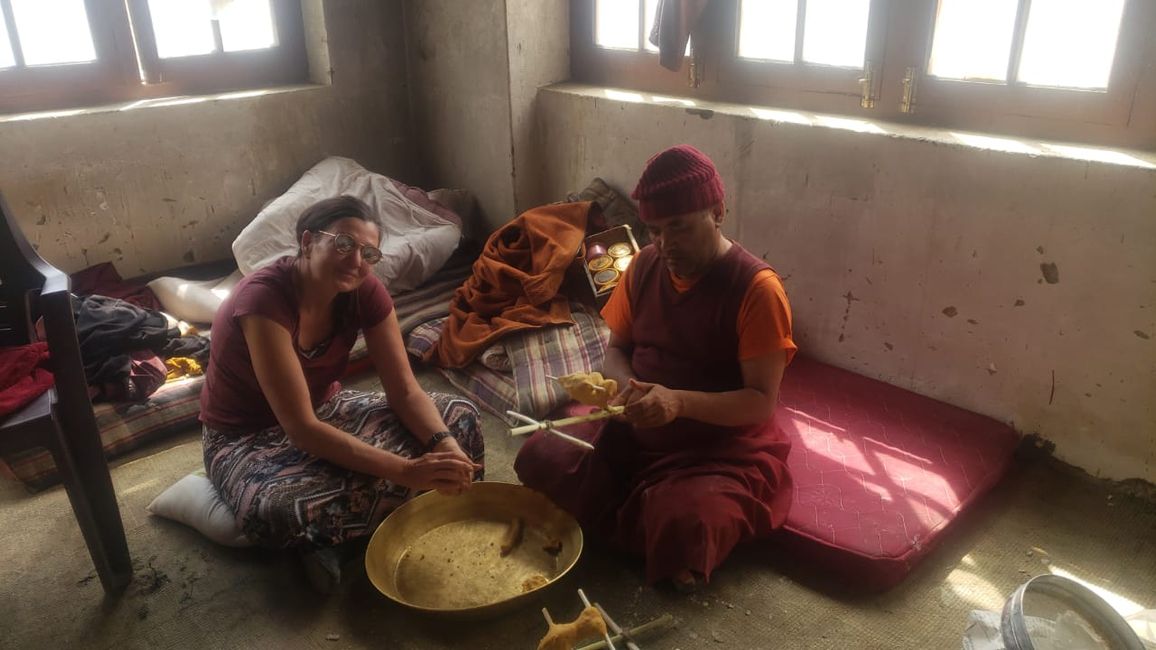
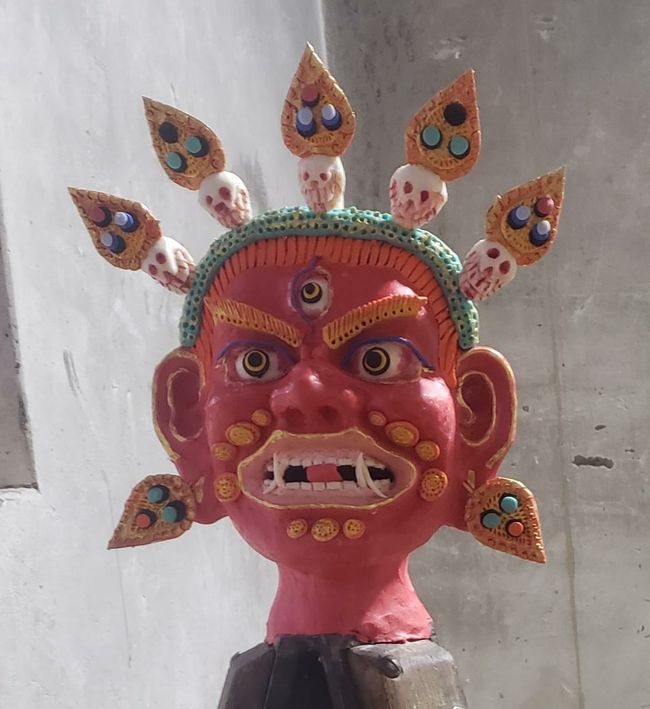
Alabapin si iwe iroyin
Even the many monkeys were amazed: Hundreds of monks walk around the stupas in the holy Swayambhu with light blossoms and lanterns. An image that I unfortunately couldn't capture myself, but will never forget. The battery of my phone was empty just at the wrong time. Because this excursion came unexpectedly.
When the phone rings in my luxurious hotel room and the reception announces that a Lama and a girl want to see me, I have no idea about the night excursion that awaits me. Rather, I think that Rangdröl and Sonam have come to book the ticket back to Leh with me. We do that too, Rangdröl has already prepared everything. I just need to pay. So, on the 5th, we will be heading back to the mountains. Actually, I wanted to stay until my teacher leaves on July 7th. But my Nepalese visa expires on the 6th. So, I have to leave earlier. No problem. I am also looking forward to returning to my second home.
Light blossoms and lousy monkeys
When we then leave the ticket seller, I think maybe we are going for dinner. After all, I haven't had it yet. But no way. Suddenly, there's a taxi waiting and taking us (Sonam's mother Drölma and her sister Rinchen have now joined us) through the heavy evening traffic to Swayambhu. Drölma has a lot of boxes with her, in which there are electric light blossoms and candles in the shape of flowers. An Indonesian sponsor has ordered these things so that a light procession can take place in Swayambhu. All the monks from the Rinchen Palri monastery come to recite prayer wishes at this sacred place.
Swayambhu is the oldest stupa of its kind in Nepal and is surrounded by countless shrines and temples. The complex, whose name means self-created or originated, was founded around the beginning of the 5th century AD and is considered sacred by both Buddhists and Hindus. And it also serves as a home to numerous monkeys, which are also considered sacred there.
And this is connected to Manjushri, the Bodhisattva of Wisdom and Learning, who built the hill on which the stupa stands. It is said that he drained the water from the Kathmandu Valley. There was a lotus at the place of today's Swayambhu, from which the hill then emerged. And the monkeys? Well, that's a slightly more flowery story. Manjushri is said to have let his hair grow long and got lice. These lice then turned into the holy monkeys.
Stolen light
Sacred or not, our animal relatives are cheeky in Swayambhu too. One of them even steals one of the electric blossoms and triumphantly climbs the stupa. The luminous monkey was surely hoping for something edible, but instead, it received hearty laughter and astonished faces from the many people at the foot of the stupa.
Sustainable prayer wish
There is another highlight there, of which I only have a video, which I can't upload to this page. All the monks gather and fervently sing a Mönlam (prayer wish) that is so touching that I automatically hold my breath. This image of the countless monks dressed in red and yellow, offering their light blossom with one hand and singing the Mönlam with enraptured faces, will remain in my memory forever.
So beautiful.
Since I unfortunately don't have many pictures of this highlight, I will provide some more that I received from Ladakh. There, Lama Rigdzin finished his work on the masks and Garudas in time for the festival and thankfully sent me the results of his work, once again impressing me. Maybe also you.
So, that's it for now. To be continued...
Alabapin si iwe iroyin
Idahun

